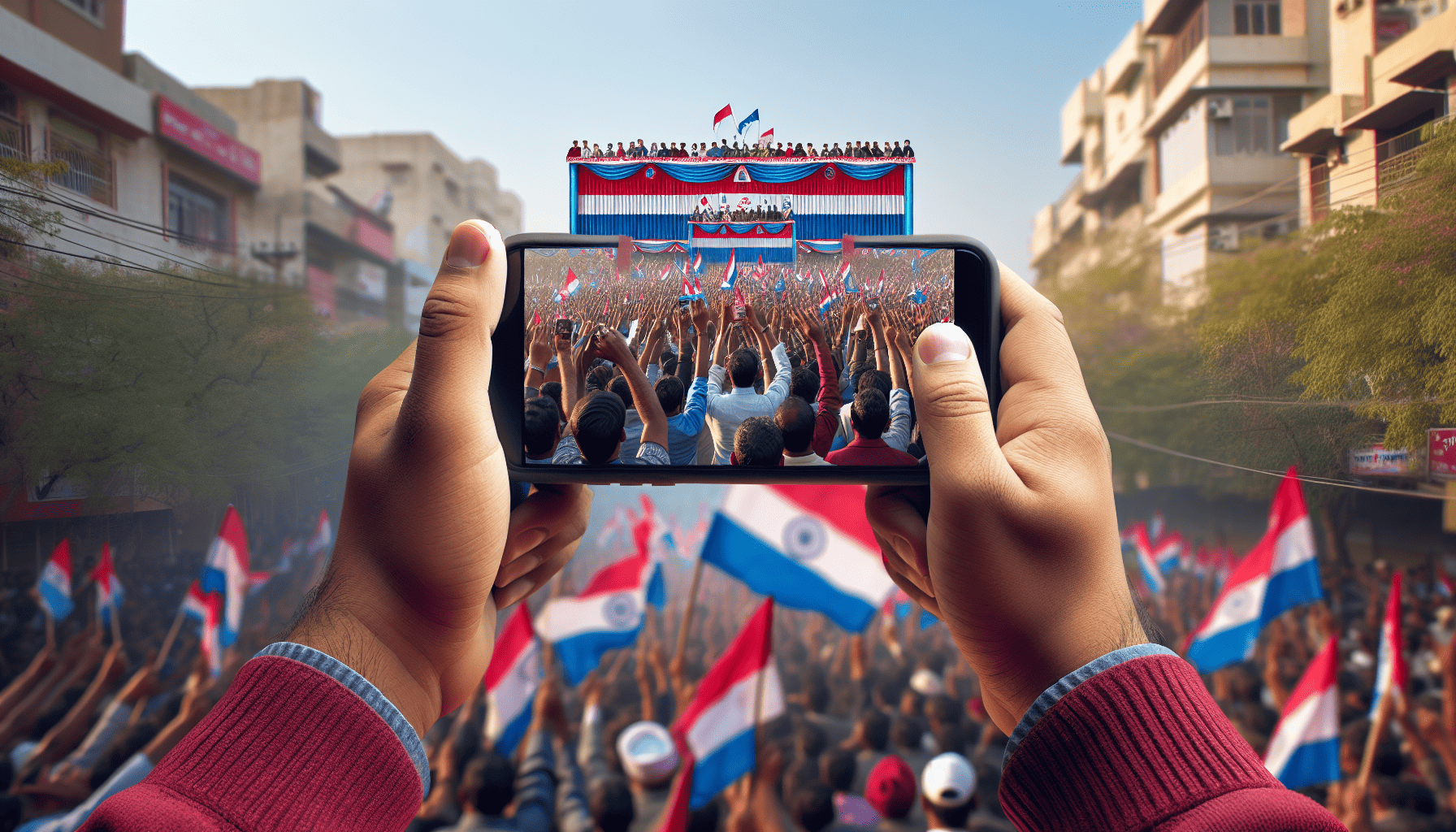In recent years, the political landscape in India has undergone a significant transformation, with social media emerging as a powerful tool shaping public opinion and redefining political strategies. This shift is driven by the vast and diverse user base across India, coupled with the accessibility and immediacy of platforms like Facebook, Twitter, WhatsApp, and Instagram. These platforms have become indispensable for political parties, candidates, and activists, influencing voter behavior and broadening the democratic dialogue.
One of the key ways social media impacts Indian politics is by democratizing information. Traditional media channels, once the gatekeepers of political information, have been supplemented by social media, allowing for direct communication between politicians and the electorate. This shift has heralded a more decentralized form of communication where political leaders can bypass conventional media filters to present their perspectives, policies, and ideologies directly to the public. As a result, social media campaigns have become an essential component of political strategies, enabling leaders to engage with voters in real-time.
Moreover, social media has significantly altered the dynamics of political campaigning. Political messages and election campaigns are now designed with virality in mind to capture attention in a crowded digital space. Content is optimized to resonate with diverse audiences, often tailored to regional languages and cultural sentiments. It allows political parties to target different demographics more effectively and personalize their outreach efforts. Additionally, social media analytics provide insights into user engagement, helping parties adjust strategies and respond promptly to emerging trends or controversies.
However, the influence of social media on Indian politics is not without its challenges. The rapid spread of misinformation and disinformation is a major concern, as false narratives can be propagated with ease, impacting public opinion and electoral outcomes. The virality of fake news can manipulate perceptions and is often used to smear political opponents or generate biased sentiments. While platforms are increasingly implementing measures to combat misinformation, the responsibility also falls on users to critically evaluate the information they consume and share.
Furthermore, the hyper-personalization of political content can lead to echo chambers, where users are exposed to viewpoints that reinforce their existing beliefs. This phenomenon poses a risk to the pluralistic nature of democratic discourse, as it diminishes exposure to diverse perspectives and fuels polarization. It challenges political stakeholders to foster dialogue across ideological divides and ensure that social media remains a space for inclusive and constructive engagement.
Despite these challenges, the impact of social media on Indian politics is undeniable. It has energized political participation, especially among the youth and first-time voters, who are highly active on these platforms. Online movements and hashtag campaigns have emerged as powerful tools for advocating social and political change, drawing attention to critical issues and mobilizing grassroots support.
In conclusion, the growing influence of social media on Indian politics signifies a profound evolution in the way political narratives are created and disseminated. While it presents opportunities for enhancing democratic participation and engagement, it also necessitates careful navigation to prevent potential pitfalls. As India continues to embrace digital technologies, the role of social media in politics will likely expand further, demanding innovative strategies by political actors and a more informed and discerning electorate.
